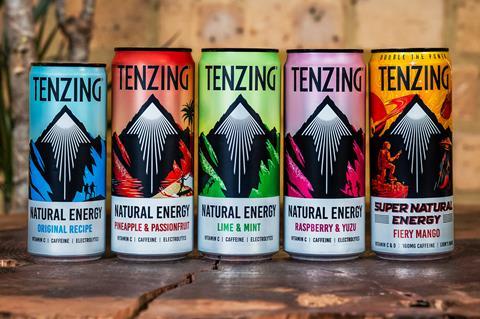
Taste is the number one purchase consideration for functional drinks shoppers, according to new consumer research by Attest.
The research, which asked 1,000 UK consumers for their attitudes towards functional beverages, found that 92% of them ranked taste as either “important” or “very important” to their decision to purchase functional drinks.
Over half (51%) said taste was “very important”, the highest of all decision factors surveyed.
While price (86% important/very important) and having claims backed by clinical research (81% important/very important) were also highly valued, neither was seen as important as taste by consumers.
“UK consumers want it all from functional beverages: energy, low sugar and science-backed benefits,” said Attest senior consumer research manager Nikos Nikolaidis. “But ultimately, if it doesn’t taste great, it won’t stand a chance.”
However, functional beverage consumers remained “price sensitive”, Nikolaidis cautioned.
Even brands that met all the expectations of shoppers “shouldn’t think they have carte blanche to charge premium pricing”, he added.
The survey data revealed functional beverages were becoming an increasingly common purchase among UK shoppers, with 85% of respondents purchasing them at least sometimes, with 21% doing so “very often” and 34% “often”.
Younger shoppers appear to be driving the functional trend. Some 67% of 18 to 30-year-olds consume functional beverages “very often” or “often” compared to just 36% of those aged 50 to 67. Only 4% of 18 to 30-year-olds “rarely” consume functional products compared with 17% of the 50 to 67 age group.
Energy was seen as the most appealing functional attribute (56%), followed by digestive health (41%) and immune support (38%).
However, desired functional benefits vary significantly by gender. For example, men showed significantly higher interest in sports performance benefits (38% vs 19% for women), while women were more interested in beauty and body support benefits (24% vs only 9% for men).
Meanwhile, eight out of 10 consumers said they were either likely or very likely to try a new beverage if it featured a desired functional attribute.
This highlighted a “significant market opportunity” for drinks with “targeted functional benefits”, said Nikolaidis.


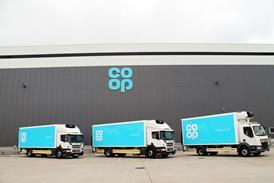
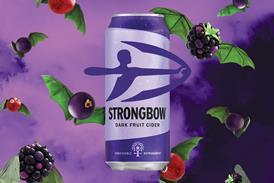


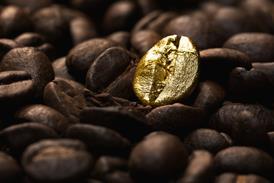
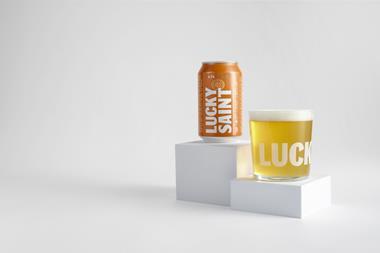
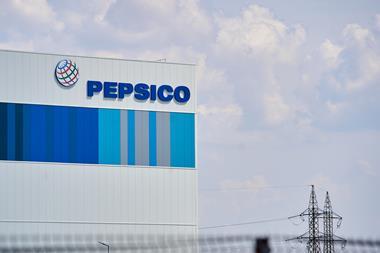
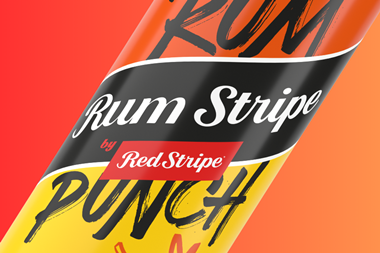

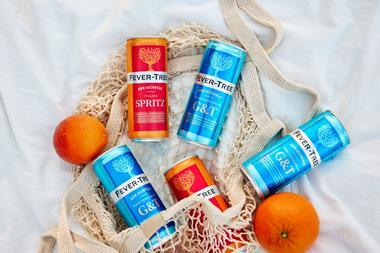
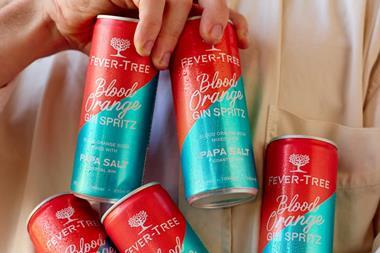


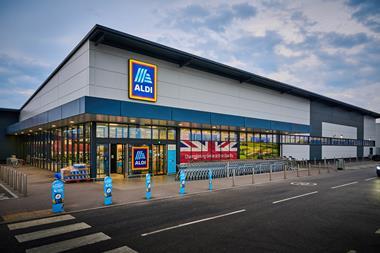



No comments yet